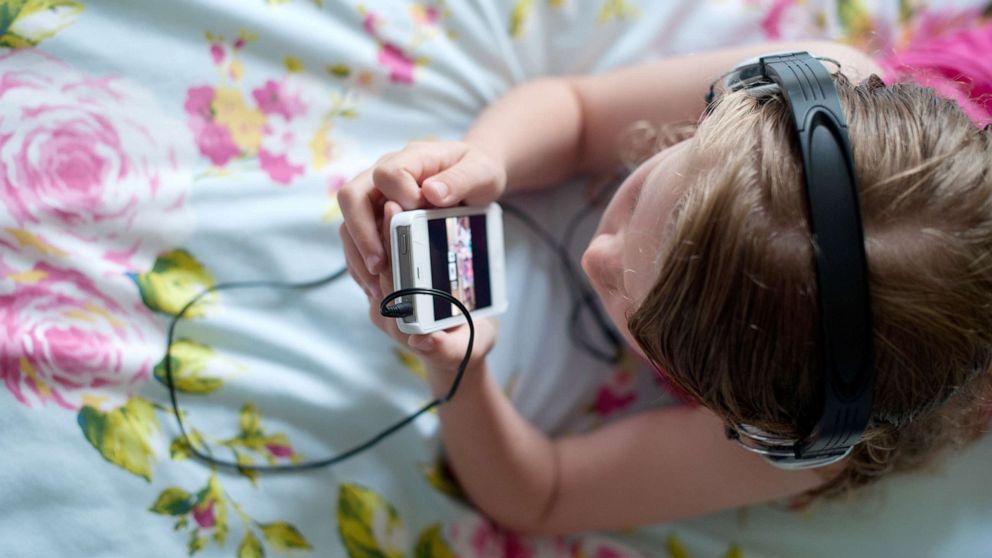More screen time linked to higher risk of ADHD in preschool-aged children: Study
The next time you think about passing your preschooler a smartphone or tablet at the dinner table to keep them entertained, you might want to think twice.
A new study out of the University of Alberta has found that by the age of 5, children who spent two hours or more looking at a screen each day were 7.7 times more likely to meet the criteria for a diagnosis of attention deficit hyperactivity disorder (ADHD) when compared to children who spent 30 minutes or less each day on a screen.
“Children should develop a healthy relationship with screens as young as 3 to 5 years of age,” Dr. Piush Mandhane, lead researcher of the study and an associate professor of pediatrics at the University of Alberta in Edmonton, Canada, told ABC News. “Our data suggests that between zero and 30 minutes per day is the optimal amount of screen time.”
The American Academy of Pediatrics currently recommends limiting screen use to a maximum of one hour a day of high-quality programming for preschool children ages 2 to 5, and encourages parents to watch with their children and guide them through the experience.
As an investigator on the nationwide Canadian CHILD study, Mandhane has been following children from mid-pregnancy into childhood and adolescence. With screen time on the rise among children, Mandhane said it came as no surprise when parents began asking, “How much is too much for our children?”
The current study was conducted by gathering information from parents about their children’s screen time during their 3- and 5-year follow-ups. The research team also collected comprehensive behavioral assessments at the 5-year visit.
The researchers found that children with reported screen time in excess of two hours a day were more likely to exhibit behavioral problems by the time they turned 5, particularly poorer attention. Conversely, children who spent two hours or more each week participating in a form of structured physical activity were less likely to experience mental health issues.
Although the study could not establish a clear cause-and-effect relationship between the two, it suggests that a child’s preschool years may be a vital time for providing proper guidance on screen time limits.
Mandhane said that next, his team plans to take a closer look at how the content on children’s screens as well as the time of day in which they use devices influences their behavior.
Mandhane also suggested three tips for promoting healthy behaviors in preschoolers:
Take advantage of built-in apps to monitor screen time exposure.
Mandhane pointed out that parents can either turn off the device themselves or set the device to automatically turn off when kids have reached their daily limit.
Set a regular bedtime.
It’s best to avoid screens at least one hour before bed, Mandhane said.
“More screen time equals less sleep time,” he said. “A bedtime that is structured will go a long way.”
Encourage organized physical activity.
Enrolling children in a baseball, soccer or hockey league, or even gymnastics, provides a structured form of physical activity outside of school that helps promote an active lifestyle, Mandhane said, adding that it might also improve their focus and allow them to get better, longer sleep.
Joshua Rosenblatt is an internal medicine resident at Thomas Jefferson University Hospital in Philadelphia and a contributor to the ABC News Medical Unit.




